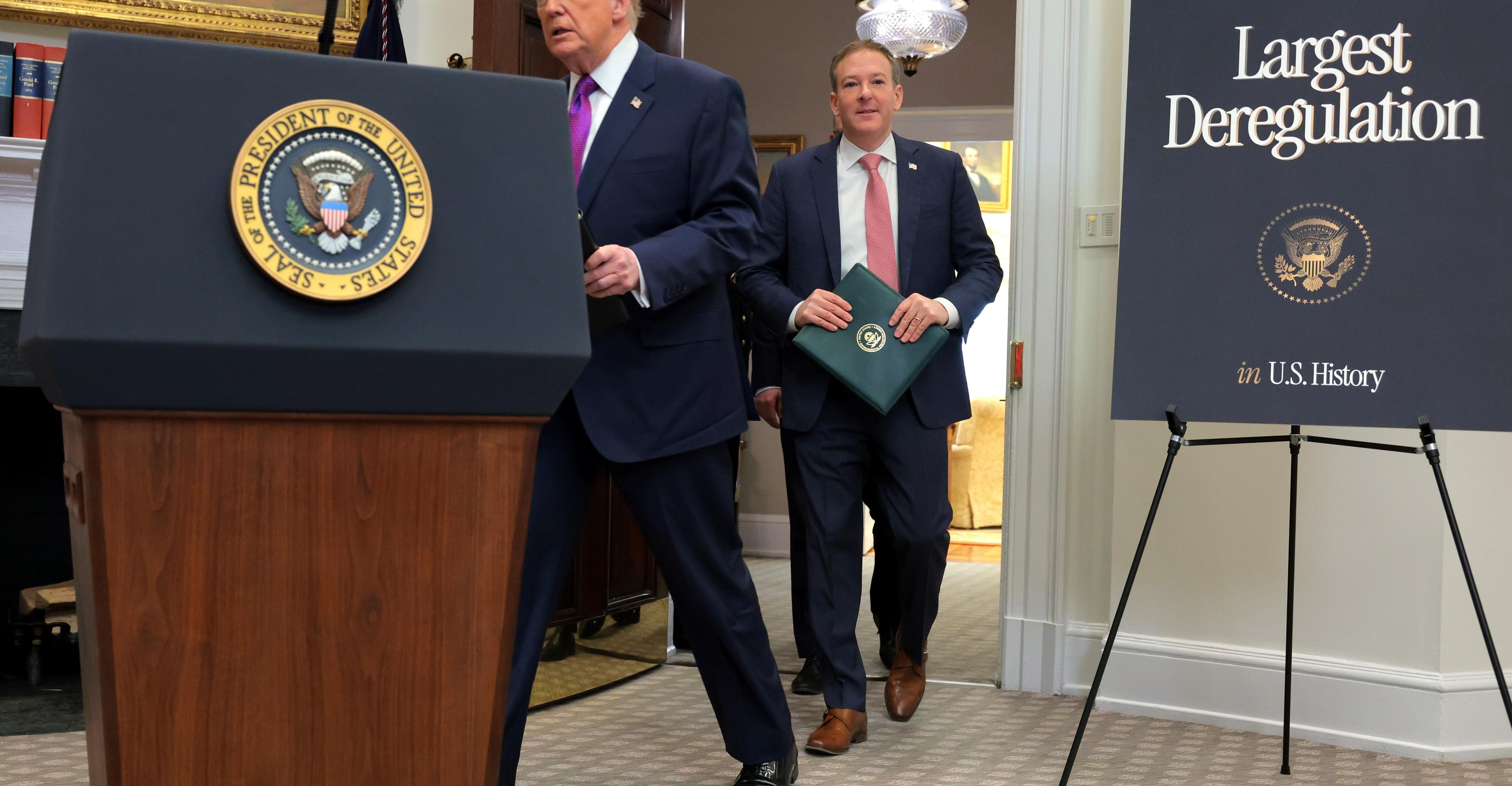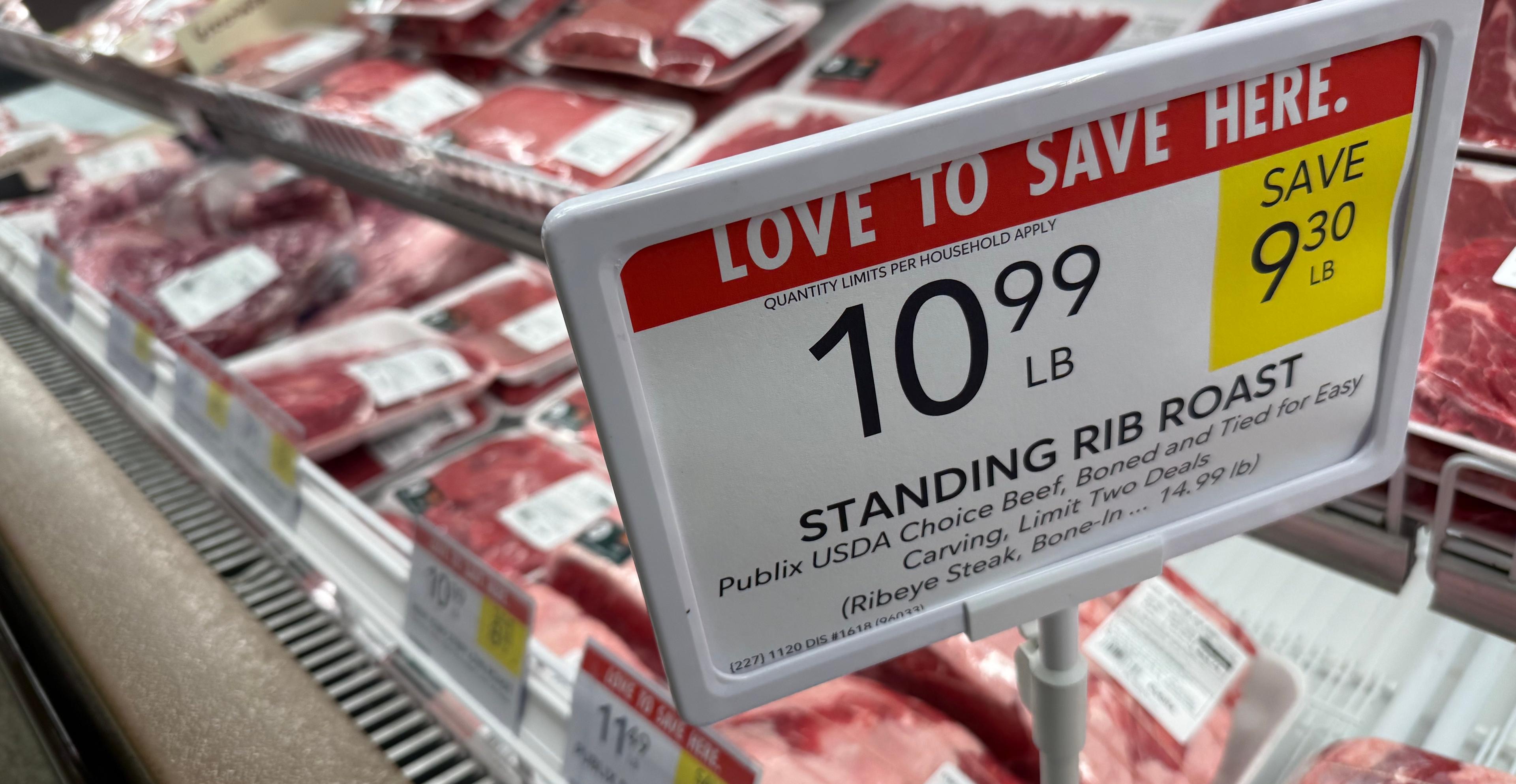New York: The coronavirus crisis has plunged the global economy into the worst recession of the last 90 years. Furthermore, ill-fated segments of society and the people of the least developed countries have also been badly affected, fostering the dream of equal growth.

A report released by the United Nations (UN) said The pandemic is leading to an even more sharply unequal world as the development gains for millions in poor countries are reversed.
The Financing for Sustainable Development Report 2021 prepared by 60 global organizations says the global economy has experienced the worst recession in 90 years, with the most vulnerable segments of societies disproportionately affected. An estimated 114 million jobs have been lost, and about 120 million people have been plunged back into extreme poverty.
Only immediate action can prevent a lost decade for development for many countries, the report advocated.
“What this pandemic has proven beyond all doubt is that we ignore global interdependence at our peril. Disasters do not respect national boundaries,” UN Deputy Secretary-General Amina Mohammed said. “A diverging world is a catastrophe for all of us. It is both morally right and in everyone’s economic self-interest to help developing countries overcome this crisis.”
The highly uneven response to the pandemic has widened the already yawning disparities and inequities within and between countries and peoples. A historic US$16 trillion in stimulus and recovery funds helped to stave off the worst effects, but less than 20 per cent of that sum was spent in developing countries. By January this year, all but 9 of the 38 countries rolling out vaccines were developed countries.
Around half of the least developed and other low-income countries were at high risk of or in debt distress before COVID-19, and, with falling tax revenues, the pandemic has sent debt levels soaring.
The situation in the world’s poorest countries is deeply troubling and could push the achievement of the Sustainable Development Goals another 10 years further into the future. The report includes concrete recommendations to help countries overcome the ravages of the pandemic.
It urges immediate action from governments, including:
Reject vaccine nationalism and step up contributions to the Access to COVID-19 Tools Accelerator to close the remaining funding gap of over $20 billion for 2021; Meet the 0.7% Official Development Assistance (ODA) commitment and provide fresh concessional financing for developing countries, especially LDCs; Avert debt distress by providing liquidity and debt relief support so developing countries can fight COVID-19 and its economic and social fallout.
“The growing gap between rich and poor countries is troublingly retrogressive, and requires an immediate course correction,” said UN Under-Secretary-General Liu Zhenmin, Under-Secretary-General of the Department of Economic and Social Affairs, which produced the report. “Countries must be helped to not only stay afloat financially but to invest in their development. To rebuild better, both the public and private sectors must invest in human capital, social protection, and sustainable infrastructure and technology.”
Sustainable and smart investment, for example in infrastructure, would reduce risks and make the world more resilient to future shocks. It would create growth; allow a better life for millions, and combat climate change. For example, it is estimated that spending US$ 70-120 billion over the next two years, and US$ 20-40 billion annually thereafter, would significantly reduce the likelihood of another pandemic—contrasted with trillions of dollars of economic damages already from COVID-19. However, unlike their developed counterparts, most developing countries do not have the fiscal space for such investment.
The report suggests ways to address this challenge, including:
Provide ultra-long-term financing [e.g., over 50 years] to developing countries, at fixed interest rates, to take advantage of current historically low-interest rates;
Better use public development banks as a tool for sustainable development investment;
Reorient capital markets toward aligning with sustainable development by removing short-term incentives along the investment chain and mitigating the risk of SDG-washing.
The report emphasizes that development that is not risk-informed will not be sustainable and presents the response to the crisis as an opportunity to reset and ‘future-proof’ global systems. While gaps in the international financial architecture or inadequate policies often undermine financing for development, during the COVID-19 crisis, previous safeguards meant some systems held – notably the financial and banking systems, in part due to reforms after the 2008 banking failures. Lessons learned from today’s crisis can allow reforms to be put in place now to create future resilience.
The report recommends to:
Find a global solution for taxation of the digital economy to combat corporate tax avoidance, reduce harmful tax competition; and better use technology to combat illicit financial flows.
Create a global reporting framework to hold companies accountable for their social and environmental impact and incorporate climate risks into financial regulation.
Review regulatory frameworks, such as antitrust regulations, to reduce the market power of large digital platforms.
Modernize labour market and fiscal policies to reflect the reality of a changing global economy, including an increasingly digitalized world.
“To change trajectory, we need to change the rules of the game.” the Deputy Secretary-General said. “Relying on the pre-crisis rules will lead to the same pitfalls that have been revealed over the past year.”

iBuyPower’s gaming desktops are discounted for Presidents Day
- 11 گھنٹے قبل

The Trump threat looming over late-night TV, briefly explained
- 9 گھنٹے قبل
Pakistan, Qatar reaffirm resolve to strengthen fraternal ties
- ایک دن قبل

In the fight against climate change, Trump sides with climate change
- 9 گھنٹے قبل

ANF burns 18 tonnes narcotics, 169,000 litres liquor during annual drug burning exercise in Sheikhupura
- 2 گھنٹے قبل

How much did gold and silver prices gain in Pakistan today?
- 27 منٹ قبل
5G spectrum auction to be held on 10th of next month: Chairman PTA
- 31 منٹ قبل

Why voters hate Trump’s (pretty decent) economy
- 9 گھنٹے قبل

Valve’s Steam Deck OLED will be ‘intermittently’ out of stock because of the RAM crisis
- 11 گھنٹے قبل

A powerful tool of resistance is already in your hands
- 11 گھنٹے قبل

The real reasons people love playing games
- 9 گھنٹے قبل

Apple’s Podcasts app will let you ‘seamlessly’ switch between audio and video shows
- 11 گھنٹے قبل







